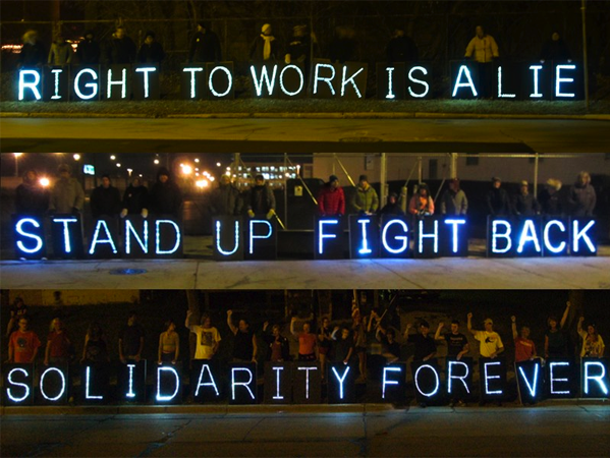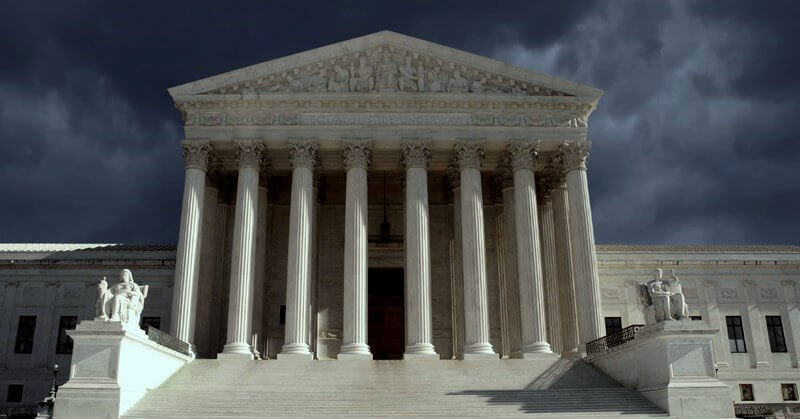
“Something Wicked This Way Comes,” the title of a Ray Bradbury novel, is also a warning to millions of public service workers who have built lives of dignity and respect, thanks to their unions.
The “wicked” in this case are court cases backed by corporate billionaires like the Koch brothers that may soon get a hearing before nation’s highest court. It’s part of their campaign to weaken labor unions. They tried it before and failed, but this time they hope to succeed.
Public service workers – whether or not they belong to a union – could lose not only their bargaining power to improve wages and benefits, but also their ability to have a strong voice on the job and improve the services they provide to make their communities run.
We can see into the future by looking into the past – specifically, at what happened to private sector workers when their unions declined or disappeared.
“Between 1979 and 2013, the share of private sector workers in a union has fallen from about 34 percent to 11 percent among men, and from 16 percent to 6 percent among women,” according to a report the Economic Policy Institute issued last year.
In that time, wages hardly moved. In fact, for men without college degrees who weren’t unionized, “real wages today are substantially lower than they were in the late 1970s,” according to the report.
Coincidence? Not at all. This is what happens when unions are weakened, whether because of a decline in membership or because extremist politicians pass laws depriving workers of their collective bargaining rights.
There is a solution. “Rebuilding collective bargaining is one of the tools we have to reinvigorate wage growth, for low and middle-wage workers,” said Washington University sociologist Jake Rosenfeld, one of the report’s authors.
Corporate-backed groups are going after unions by pushing so-called right-to-work (RTW) laws at the state level. At the national level, they pushed a U.S. Supreme Court case called Friedrichs v. California Teachers Association, which would’ve made right-to-work the law of the land. That effort failed. After Justice Antonin Scalia died last year, the eight remaining justices deadlocked and the case was returned to a lower court, where it remains.
But that’s not the end of the matter. Several cases that make essentially the same anti-union arguments as Friedrichs – and seek to undermine public service unions across the country – are making their way through the court system. After Donald Trump’s choice to replace Scalia is approved by the GOP-controlled Congress, the Supreme Court could accept one of those cases and side with those same forces that were behind the Friedrichs case.
It’s possible that even a justice nominated by Trump and approved by the current Congress may see through the deception at the heart of these cases. Regardless what happens, AFSCME will continue to fight for its members.
“The question before us, then,” asks labor organizer Dave Kamper, “is: how much stronger can unions make themselves before the full force of the onslaught hits us?”
Here’s our answer: Plenty.
We’ve already increased our membership despite the attacks. We’re determined to grow even stronger in the years ahead. We’re AFSCME Strong and we never quit making our communities and our nation better places to live.
You can do your part to protect yourself by joining AFSCME today. Find your local from this directory and sign up for membership without delay.
